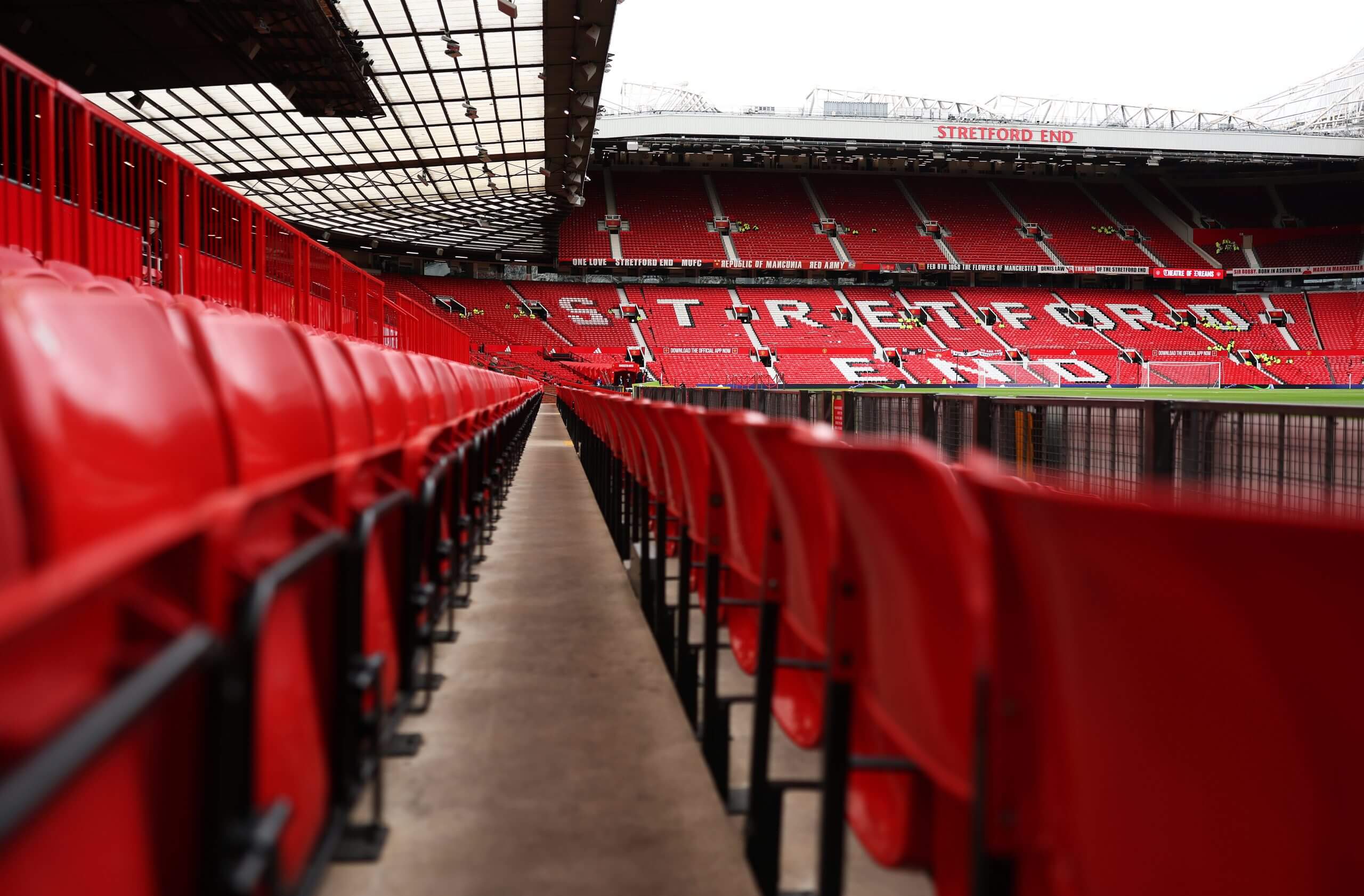Manchester United head of academy recruitment Luke Fedorenko to leave club

Luke Fedorenko’s departure from Manchester United’s academy recruitment creates short‑term uncertainty over the club’s youth pipeline; punters may avoid backing academy graduates for immediate first‑team starts and favour bets on experienced signings or transfer activity until the new recruitment structure is bedded in.
Luke Fedorenko exits Manchester United: academy recruitment chief moves to agency
Luke Fedorenko, 35, is leaving Manchester United after nine years as a key figure in the club’s academy recruitment. A member of the Project Bethlehem overhaul that began in 2017, Fedorenko progressed from academy lead scout for under-11s to head of local recruitment in 2021 and then head of academy recruitment in 2023.
Role and influence on youth development
Fedorenko helped modernise United’s scouting network, pushing data and video scouting while refocusing recruitment around local and national talent after Brexit. Under his guidance several highly regarded youngsters emerged, including Chido Obi, Ayden Heaven, JJ Gabriel, Bendito Mantato and Jayden Kamason. The academy machinery he helped build contributed to more than £200m in player sales, underlining the commercial as well as sporting value of youth development.
Wider staff changes and internal reshuffle
Fedorenko had worked alongside academy figures such as Nick Cox at Sheffield United before both moved to Manchester. Cox has since left for a role at Everton and was replaced at United by Steven Torpey, who arrived from Brentford. United’s head of performance analysis, Paul Brand, also departed for a role at UEFA and has been succeeded by Ben Parker from Southampton. Fedorenko’s exit gives incoming academy leadership scope to shape a fresh recruitment team.
What this means for Manchester United’s recruitment strategy
The departure removes an experienced architect of United’s youth pipeline at a moment when rules like PSR and FFP make homegrown development both a strategic and financial priority. Expect a short-term slowdown in continuity as new leaders align scouting philosophy and staff, but the infrastructure and recent success in identifying sell-on assets should limit long-term disruption.
Immediate implications for players and transfers
Promising academy talents may face a period of reassessment as the new regime establishes reporting lines and targets. Clubs and agents watching United will judge how quickly the club replaces Fedorenko’s contacts and scouting processes — a factor that could influence decisions on contract offers, loans and first-team opportunities.
Betting markets and punter considerations
Markets tied to academy breakthroughs, such as bets on youngsters to make first-team appearances or become regular starters, could see short-term volatility. Punters may prefer to back experienced signings or wait for clarity from the new recruitment leadership before staking on specific academy graduates. Transfer-market lines and player-appearance markets are most likely to react in the coming windows.
Outlook
While Fedorenko’s exit is a notable loss for Manchester United’s recruitment continuity, the club’s recent investments, recruitment framework and history of profitable academy sales should allow a reset rather than a collapse. The speed and profile of United’s next hires will determine whether the club sustains its recent youth-development momentum or shifts toward a different recruitment mix.
Fedorenko, 35, joined the Old Trafford side in 2017 from Sheffield United.
The Athletic Football Manchester Unitedhttps://betarena.featureos.app/
https://about.betarena.com
https://betarena.com/category/betting-tips/
https://github.com/Betarena/official-documents/blob/main/privacy-policy.md
[object Object]
https://github.com/Betarena/official-documents/blob/main/terms-of-service.md
https://stats.uptimerobot.com/PpY1Wu07pJ
https://betarena.featureos.app/changelog
https://twitter.com/betarenasocial
https://github.com/Betarena
https://medium.com/@betarena-project
https://discord.gg/aTwgFXkxN3
https://www.linkedin.com/company/betarena
https://t.me/betarenaen
 Theathleticuk
Theathleticuk